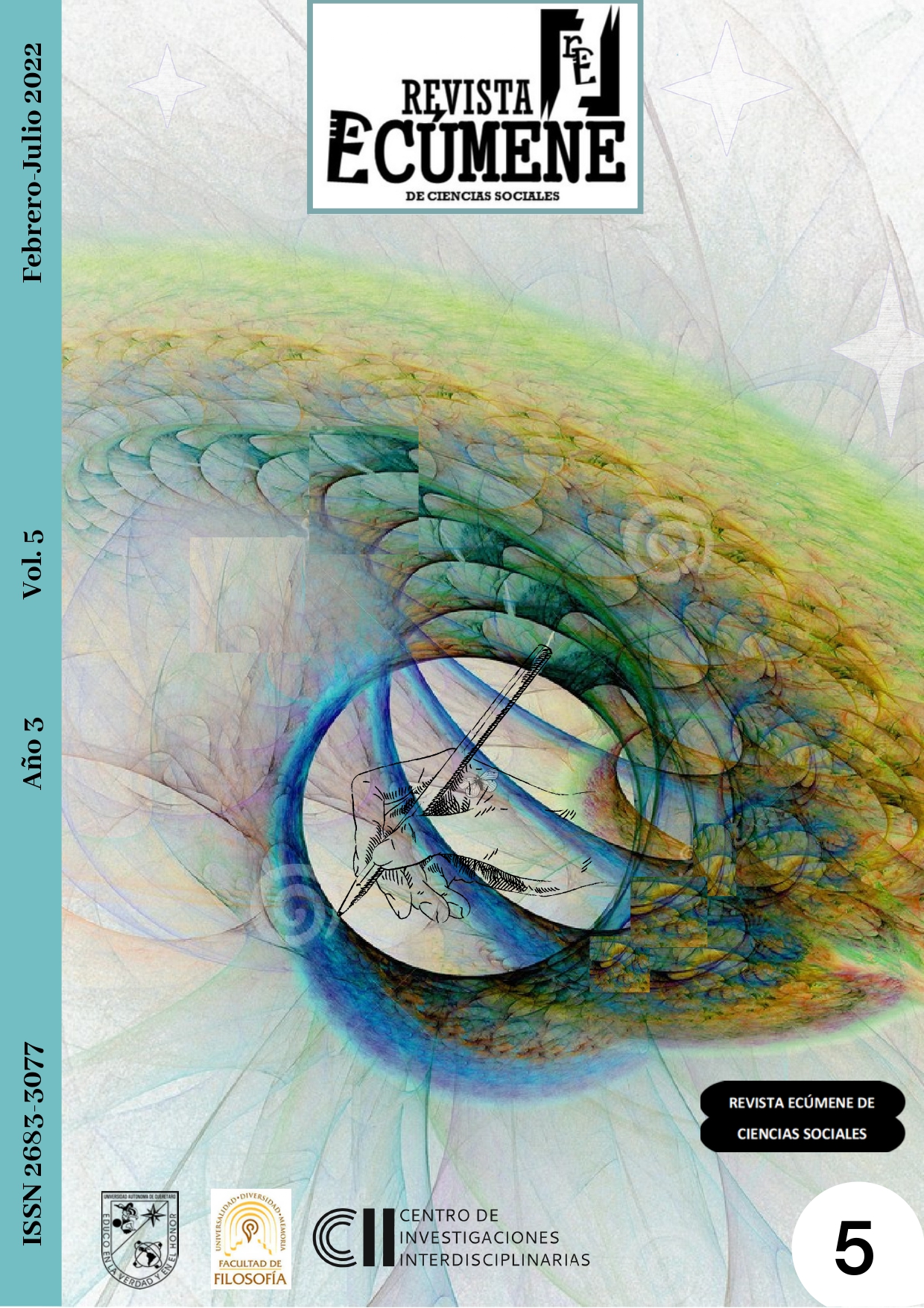Abstract
This article offers an introduction to the routes of formation of the Latin
American State, visited from the theory of dependency and the theory of the national-popular. It follows the idea that modernity was not a single or homogeneous process for the different societies, but a diversity of paths that were forged according to the type of alliances and interactions between groups within nations, which would produce one or the other form of state, in this case authoritarian or democratic. From there some theoretical elements of each of these two interpretive places are shown.
These, in addition to being useful to analyze state formation, also suggest elements to analyze their trajectories and present. The text is organized as follows: first, a section on modern revolutions in relation to the thesis of social conflict and organicism; second: a coincidence between organicism and authoritarian path is alluded to, and with this the third section on training paths is introduced. Finally, some conclusions.

This work is licensed under a Creative Commons Attribution 4.0 International License.
Copyright (c) 2022 Autor

